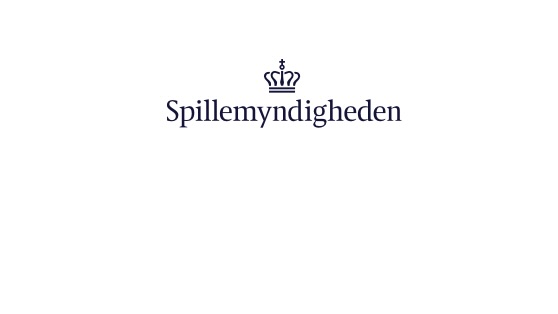Denmark’s Gambling Market in 2024: Growth, Online Share, and Key Figures

The Danish Gambling Authority published its annual report, stating that the market grew by 5.4% and reached €1.5 billion compared to €1.4 billion in 2023.
Key Market Indicators
In 2024, gambling expenditure in Denmark amounted to DKK 11.0 billion, equivalent to approximately €1.5 billion. This represents an increase of 5.6% compared to 2023. Growth was observed in almost all segments except for betting, which recorded a slight decline.
| Segment | Revenue, € | Change vs 2023 |
|---|---|---|
| Online Casino | €470 million | +13.1% |
| Lotteries | €496 million | +5.3% |
| Betting | €295 million | -0.2% |
Online Gambling: The Dominant Form
In 2024, the share of online gambling in the total volume reached a record 68%, compared to 31% in 2012. At the same time, 70% of bets are now placed via mobile devices, whereas in 2012 it was only 13%.
The channelisation rate — the share of players choosing licensed platforms — amounted to 91.5%, placing Denmark 5th in Europe for legal online gambling share. Only Italy, Czechia, the United Kingdom, and Bulgaria rank higher.
Players and Average Spending
- €305 — the average amount spent by a Dane on gambling in 2024.
- Denmark ranks 12th in Europe in per capita spending (€325).
- In terms of the share of online gambling in total expenditure, Denmark ranks 4th after Sweden, Norway, and Finland.
Self-Exclusion and Player Support
The ROFUS system (register of self-excluded players) continues to expand:
- 55,899 players are registered in ROFUS (+21% compared to 2023).
- 78% of them are men.
- 67% are under 40 years old.
The StopSpillet support service reports that 52% of those seeking help played online casino games.
Interest in Betting During Sporting Events
The 2024 report notes the impact of major sporting events, such as the UEFA Men’s European Championship. Betting figures during this period show that Danes actively place bets when the national team plays.
Conclusion
The gambling market in Denmark shows stable growth and active development of the online segment. At the same time, the regulator continues to focus on social responsibility — the number of self-excluded players is increasing, and demand for problem gambling counseling remains steady.
